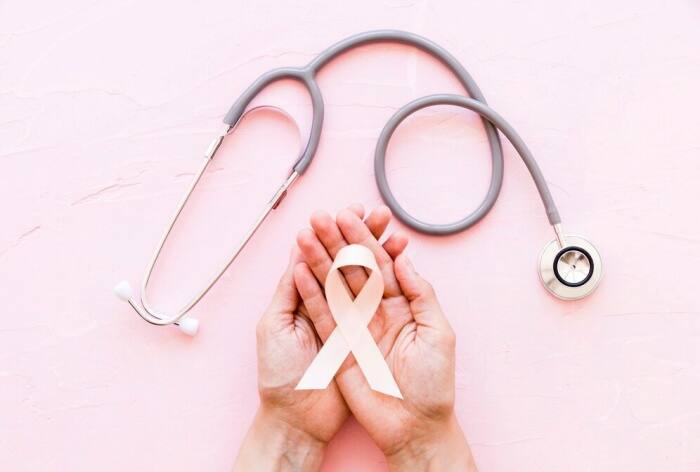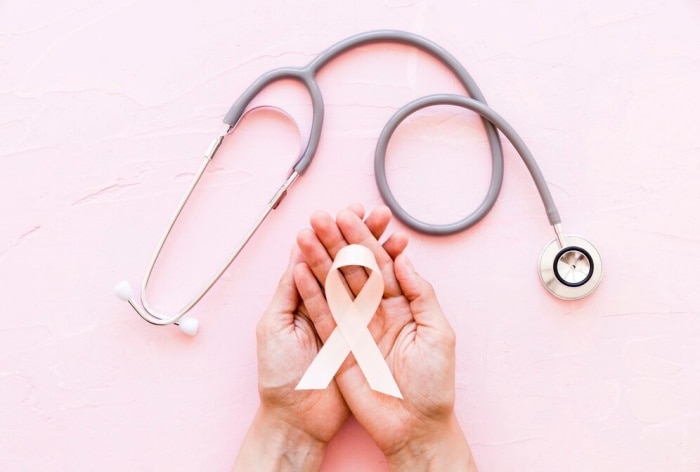Cervical cancer is a growing concern but it is also preventable. Having awareness is the key to take the right precautions at the right time.
DOCTOR VERIFIED

Cervical cancer is a common type of cancer but is the most preventable one as well. January is regarded as the Cervical Cancer Awareness Month to promote more vaccinations against human papillomavirus and awareness about the same. According to the International Agency of Research of Cancer, “In 2020, about 604 000 women were diagnosed with cervical cancer, and 342 000 died from the disease; most of these cases and deaths (nearly 90% for both) occurred in low- and middle-income countries. There is an urgent need for increased awareness and action.”
India.com got in touch with Dr Sharda Jain from the Serum Institue of India, to better understand the basics of cancer.
What is HPV?
HPV stands for Human Papillomavirus, a common virus that infects the skin and mucous membranes. There are over 100 types of HPV, some of which can cause genital warts and potentially lead to various cancers. HPV is primarily transmitted through skin-to-skin contact, particularly during sexual activity. It can spread through vaginal, anal, or oral sex with an infected person, even if there are no visible symptoms.
How does HPV spread?
You can get HPV by having vaginal, anal, or oral sex with someone who has the virus. It is most commonly spread during vaginal or anal sex. It also spreads through close skin-to-skin touching during sex. A person with HPV can pass the infection to someone even when they have no signs or symptoms. HPV is a common virus that is passed from one person to another during sex. Most sexually active people will have HPV at some point in their lives and some women will get cervical cancer. HPV infection is mostly seen in adolescents and young adults between ages 15-25 years.
How does HPV lead to cancer?
Certain high-risk strains of HPV can cause persistent infections that lead to cellular changes, potentially leading to cancer over time. HPV can cause cervical and other cancers, including cancer of the vulva, vagina, penis, or anus. It can also cause cancer in the back of the throat (called oropharyngeal cancer). This can include the base of the tongue and tonsils. Regular screening and early detection are essential to prevent the development of cancer or catch it at an early, treatable stage.
Who should be vaccinated against Cervical cancer?
Both females and males above 9 years should be vaccinated for the prevention of HPV-associated cancers. Male partners can alsocarryHPVandtransmitittotheirfemalepartnerwhich may later develop into cancer.
Preventive Tips for HPV
- Get vaccinated: HPV vaccines are available and recommended for both males and females before becoming sexually active, typically during adolescence.
- Practice safe sex: Use condoms or dental dams during sexual activity to reduce the risk of transmission.
- Get regular screenings: Cervical cancer screenings, such as Pap smears, are crucial for early detection and intervention.
Knowledge is the key to preventing most such health concerns. It helps to stay alert about any sign or symptoms and also timely detection can help with right treatment at the right time.

